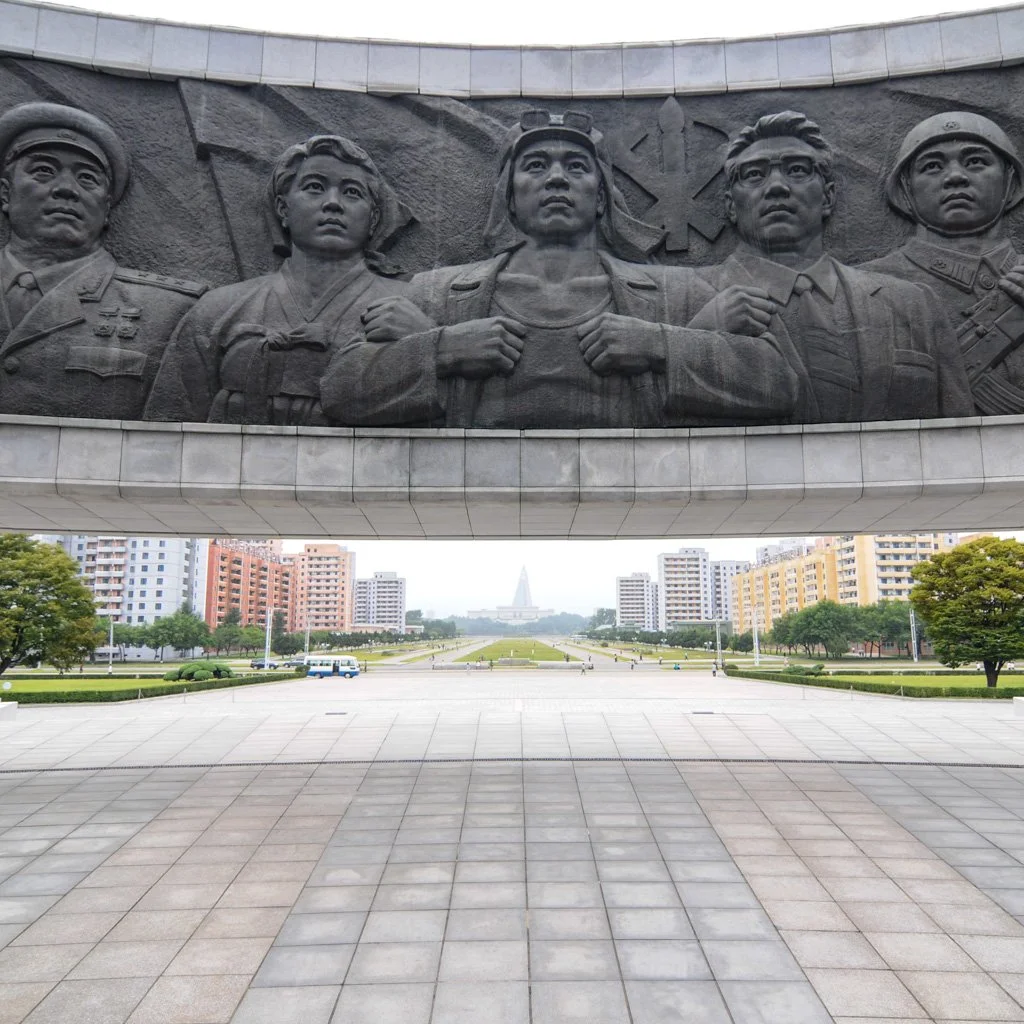This week CE is having a couple of meetings in Pyongyang, hopefully laying the groundwork for new exchanges in 2014, while taking in the celebrations commemorating the end of the Korean War 60 years ago. They will be bittersweet (even if the form that they take - parades and mass games - will not give that away) because as everyone knows, the war is not yet resolved. Whether you call it the Fatherland Liberation War, 6.25, The Korean War, the Forgotten War or the War to Resist U.S. Aggression and Aid Korea, this tragic event still looms large over everything in the region, from military alliances to stock markets. George Bernard Shaw wrote in his preface to John Bull's Other Island:
"A healthy nation is as unconscious of its nationality as a healthy man of his bones. But if you break a nation's nationality it will think of nothing else but getting it set again. It will listen to no reformer, to no philosopher, to no preacher, until the demand of the Nationalist is granted. It will attend to no business, however vital, except the business of unification and liberation."
Shaw wasn't advocating nationalism, by any means: he regarded it generally as a cause of much strife and violence. (He also once wrote that "patriotism is your conviction that this country is superior to all other countries because you were born in it.") He did recognize that before nationalism could fade into the background of social life, a degree of security in one's identity as a group needed to be addressed and the modern form that group takes is that of the nation.
The two Koreas are as nationalist as anywhere in the world. Its a complicated mess, this fractured nation of Korea, which despite growing disinterest amongst southern youths, still broadly believes that the natural order - a single, unified, independent state - has been disrupted for over a century, first by Japanese imperialism, then by superpower rivalry. Tomes and opuses have been penned explaining and arguing over where the greatest blame should fall in this tortured stalemate.
Rather than seeking to affix blame on this melancholy anniversary, perhaps we should endulge a moment just to imagine an era of reconciliation. At some point, all parties must admit that this situation isn't the fault of any person left alive, forgiveness must be broadly granted and leaderships will have bold compromises to make. We're not there yet: so many things need to shift and be made healthy before Korea's nationality can be fixed. One hopes that as we look back on 60 years ago, we're all also considering ways to get past this status quo. So far we've just been content to leave the injury for a later remedy.


